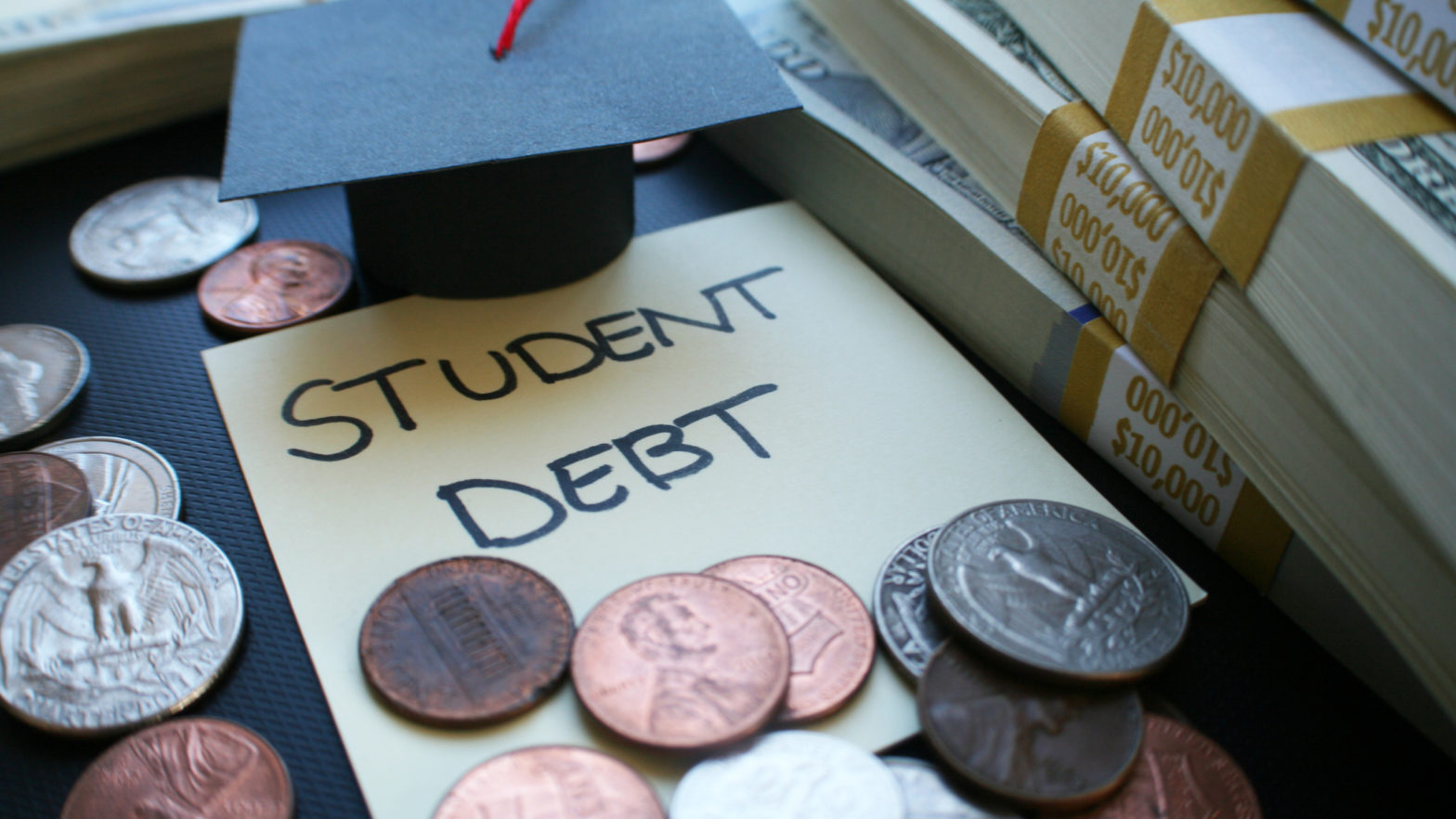DISCLAIMER: As the COVID-19 public health situation evolves, new regulations are being continually issued. This page/story/information may not include the most recent information.
| Savi is offering a FREE tool to enroll in an income-driven repayment plan if you have recently lost your job or had your hours cut as a result of the economic fallout from COVID-19. If you lose your job, you may be eligible for a $0 payment for a full year, well beyond the 6-month pause on student loan payments.Savi is staying on top of all the student loan policy changes. You can view crisishelp.BySavi.com for updates Top 5 Questions for Borrowers to Consider |
| 1. Is the pause automatic or do I need to opt-in? The pause on most federal student loans is automatic and you DO NOT need to opt-in. Eligible federal students are automatically being placed in an administrative forbearance from March 13, 2020 until September 30, 2020. Auto-debits are suspended during this period. If you already made a payment after March 13, you can request a refund by contacting your servicer. During this time, interest on most federal student loans will be changed to 0%. Servicers are required to contact you no later than August to remind you that your payments will resume in October, 2020.2. Do all federal student loans qualify for these new benefits? Most, but not all, Federal Loans qualify for these new benefits including the 6-month payment pause and 0% interest. Under the law, federal Direct Loans all qualify as well as Federal Family Education Loans (FFEL) that are held by the Department of Education. The only loans that do not qualify are commercially-held FFEL Loans, Perkins Loans owned by your college, and private loans. The Department of Education guidance explicitly states that the 0% interest benefit applies to all federal student loans, but excludes commercially-held FFEL loans, college-held Perkins Loans, and private loans.3. If I’m not making payments, how does it affect forgiveness programs like Public Service Loan Forgiveness (PSLF)? The Department of Education states that suspended payments WILL be counted toward PSLF if you meet all other loan forgiveness requirements. These requirements include if: (1) you have direct loans, (2) were on a qualifying repayment plan prior to the event, and (3) continue to work for an eligible employer.If you are interested or think you may qualify, you can find out more details about the requirements of the Public Service Loan Forgiveness program here. PSLF provides forgiveness after 10 years of payments (120 monthly payments), so getting credit for 6 months while making $0 payments can be a substantial benefit.The law also applies to other types of student loan forgiveness. The Department of Education states if you are currently in an income-driven repayment (IDR) plan, then the suspended payments will still qualify for IDR forgiveness. For example, under the PAYE plan, borrowers receive forgiveness after the 20 year repayment period.For Teacher Loan Forgiveness, the law states that the government will “waive the requirements that years of teaching service shall be consecutive” if: (1) your teaching service has been interrupted due to COVID-19 and (2) if you continue teaching after the COVID-19 emergency ends. (CARES Act, §3519) This means that you will still be eligible for teacher loan forgiveness if you must stop teaching due to COVID-19, so long as you resume once the crisis ends.4. What about borrowers in default? On March 25, the Department of Education announced a pause on debt collection against borrowers who are in default— including wage garnishment, reduction of tax refunds, and reduction of Social Security and Social Security disability benefits. Recent guidance states that the pause on debt collection applies only from March 13, 2020 to September 30, 2020. If collections against you were being processed after March 13, you are eligible for a refund on that amount. The Department of Education already announced that it would refund more than 830,000 borrowers approximately $1.8 billion in “Treasury offsets” that were still being processed when the pandemic was declared a national emergency on March 13.5. What happens after September 30? Federal student loan payments will resume normally after September 30. If you are concerned about your ability to make payments after September 30, the Department of Education guidance states that your federal loans are eligible for an income-driven repayment (IDR) plan that sets your payment based on your income. For example, if you lose your job, you could be eligible for a $0 payment for 12 months. Borrowers can continue to apply for IDR plans as they normally would during the payment pause period. If you are already enrolled in an IDR plan and your income goes down, you can apply immediately for a recalculation of your monthly payments. Your payment will still be $0 until the administrative forbearance period ends on September 30, and afterwards your payments would resume at the new payment amount.For borrowers already in IDR who may need to recertify between now and September 30, Politico reports that “the Education Department has instructed servicers to automatically extend by six months the deadline for any borrower whose annual recertification of income becomes due during the period of suspended payments.” Find the full Department of Education guidance here. |
